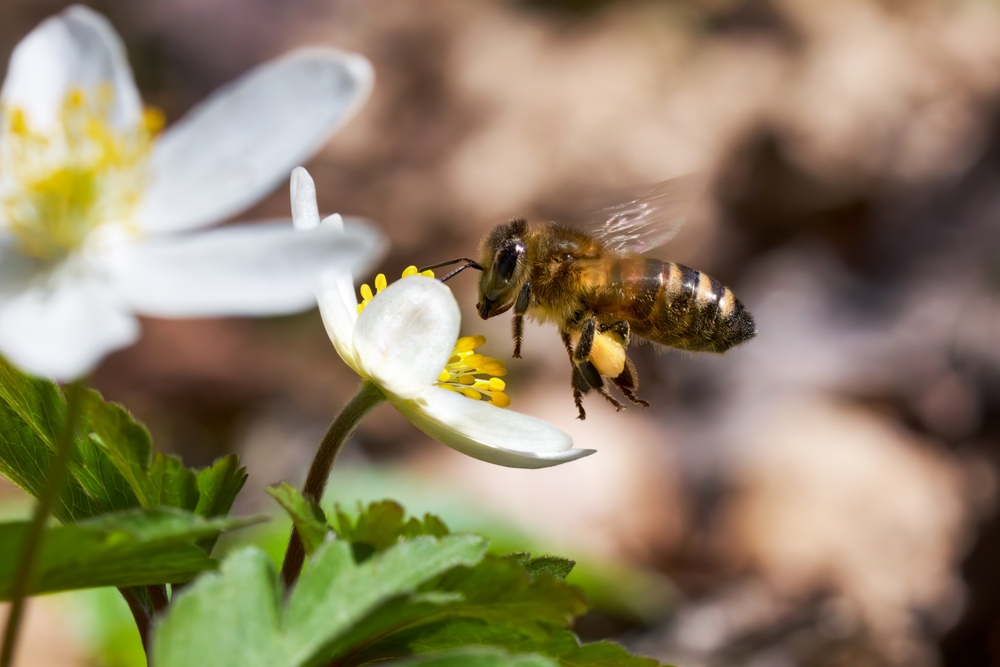Source: University of Minnesota
A University of Minnesota study found that while viruses from managed Western honey bees can infect native bumblebees, they do not mutate or spread within bumblebee populations. Researchers studied three viruses—deformed wing virus, black queen cell virus, and sacbrood virus—and found them present in bumblebees, but with over 98% genetic similarity to the honeybee strains. No bumblebee-specific variants emerged, suggesting that bumblebees act as dead-end hosts.
This offers rare good news for declining bee populations, indicating that viral spillover from honeybees may not pose as severe a threat as once feared. However, researchers stress continued monitoring and caution, particularly for bumblebee species with low genetic diversity, which could be more vulnerable. The findings suggest that placing honeybee colonies near wild bee habitats does not currently warrant restrictions, but pathogen monitoring remains vital to pollinator conservation. The study was funded by the Environment and Natural Resources Trust Fund and supported by the UMN Bee Squad.

